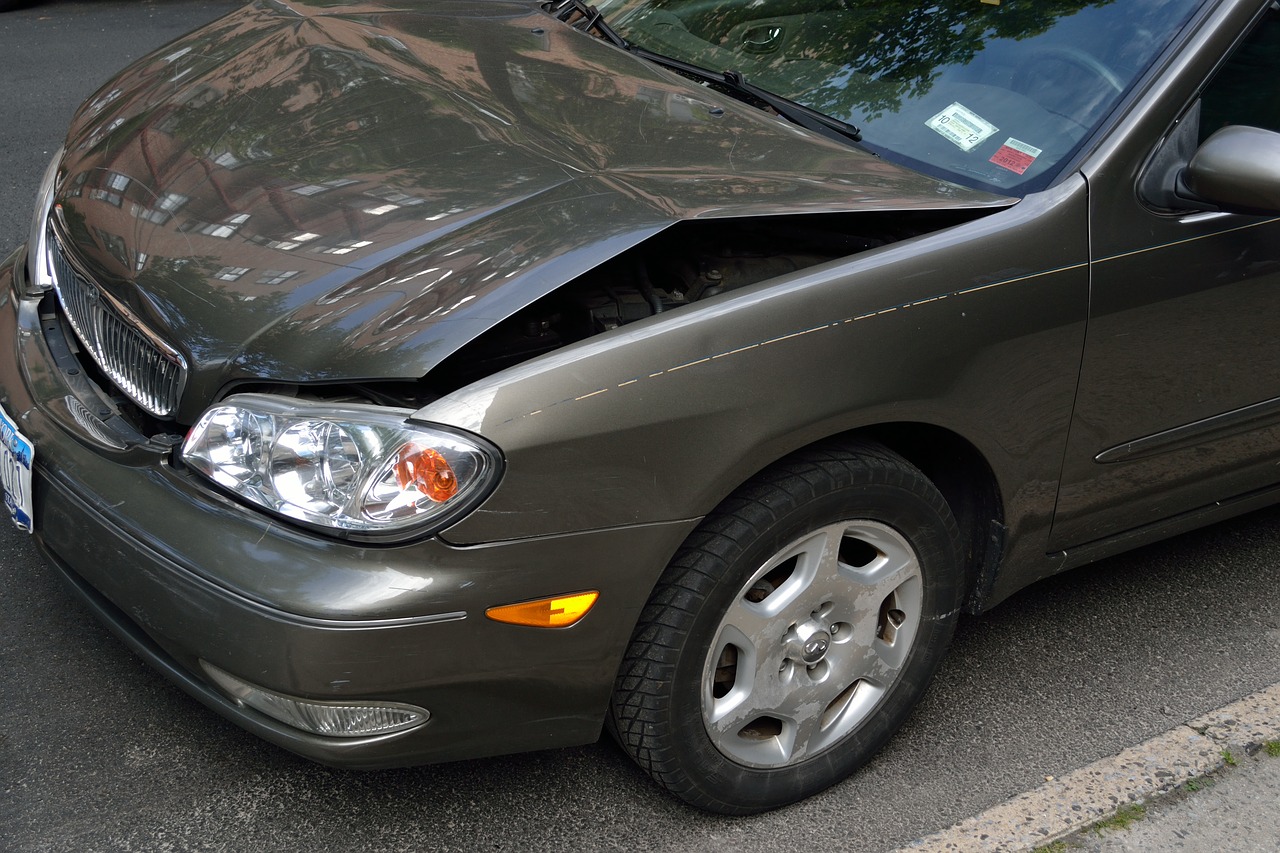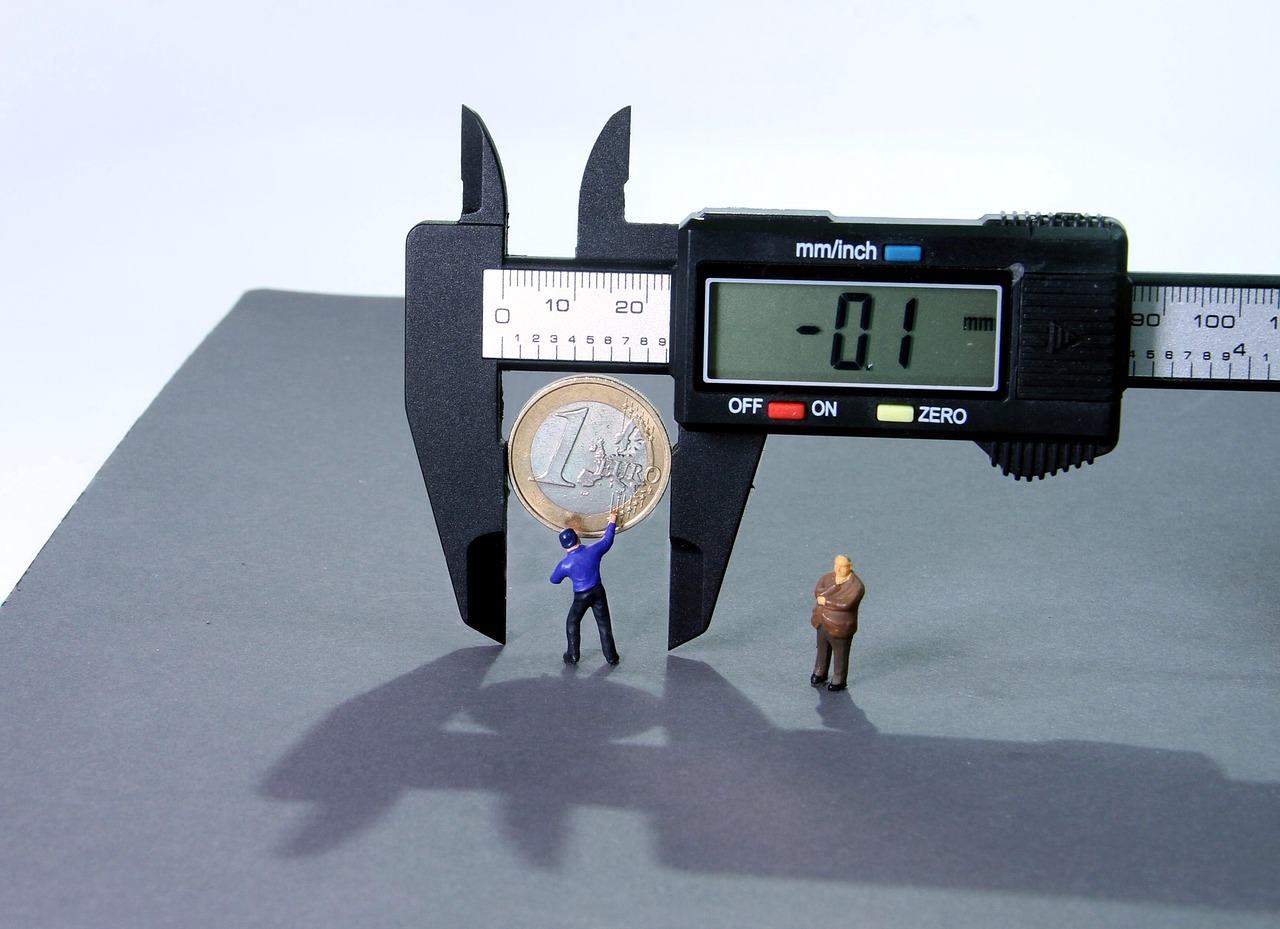Even the best drivers are at risk of fender benders. With so many variables on the road, accidents happen. In the U.S. alone, an average of 6 million accidents occur each year. If you are among this number, it’s important to know the steps to take. If you find yourself in a car crunch, follow these procedures:
Immediately: If you can safely exit your vehicle, quickly snap photos which show the positioning of the vehicles, lanes, license plates etc. as best you can.
Clear the Roadway: If possible, pull your vehicle to the side, out of traffic, but in a safe, public place. Use caution when engaging the other driver if you suspect road rage is involved. If the other driver(s) are uncooperative or leave the scene you already have their vehicle description and license plate number in your photos.
Damage assessment: Exit your vehicle and find out if anyone is hurt and call 911 if medical assistance is needed. After personal injuries are evaluated, assess the damage to the vehicles. Take additional pictures to document any damage.
Information gathering: Call your agent FIRST–Not your Insurance Carrier. Even If you were not at fault, you will go on record with an accident and it will count against you. Talk it through with your agent, who is also your advocate, to obtain repairs of any damage to your vehicle when someone else was at fault. Speaking directly with your agent will keep your name from the insurance company’s records.
If you have a dash camera, save the recording of the incident. Record the names of everyone involved. Try to get witness information, if possible. Include in your records the car registration, insurance information, car make and model, and license information for all drivers involved. If you hit a parked car, don’t leave the scene before finding the owner. If you cannot locate the owner, record the details of the accident and leave a note with your contact information. If your agent hasn’t provided you with an Accident Form to keep in your car, request one for future incidents. Providing an Accident Form to all insured is standard practice for comprehensive agents.
Police notification: Contact law enforcement to alert them of the accident, especially If it is an ugly situation and they need to come to control the scene. If anyone is at fault, and/or you need “proof” of fault, your agent can help get you law enforcement’s information for a police report. Document the names and badge numbers of any officers involved. You may also be able to file a report online.
Claim process: If you are not at fault, do NOT notify your insurance carrier. Again, if you are not at fault, do NOT notify your insurance carrier. You don’t want to be on record and cause your premiums to increase. If you are at fault, the other party’s insurance company will notify yours with the claim. Just remember, call your agent first to talk through the best way to move forward that will be the least costly.
By following the procedures above, you will have all the information and documentation you need to make this process as smooth as possible.
If you are involved in a minor incident such as scraping a fence or bumper (especially if it is between family members or friends), it is always better to find out first what the costs are BEFORE you announce to the insurance company any damages to a piece of property they have a vested interest in. Once you alert them with a phone call, whether you decide to file the claim or not, it will go on your record. Remember– in Colorado (and most states), your incidents and claims are on your record counting against you for five years.
Life happens fast…protect what matters most.


